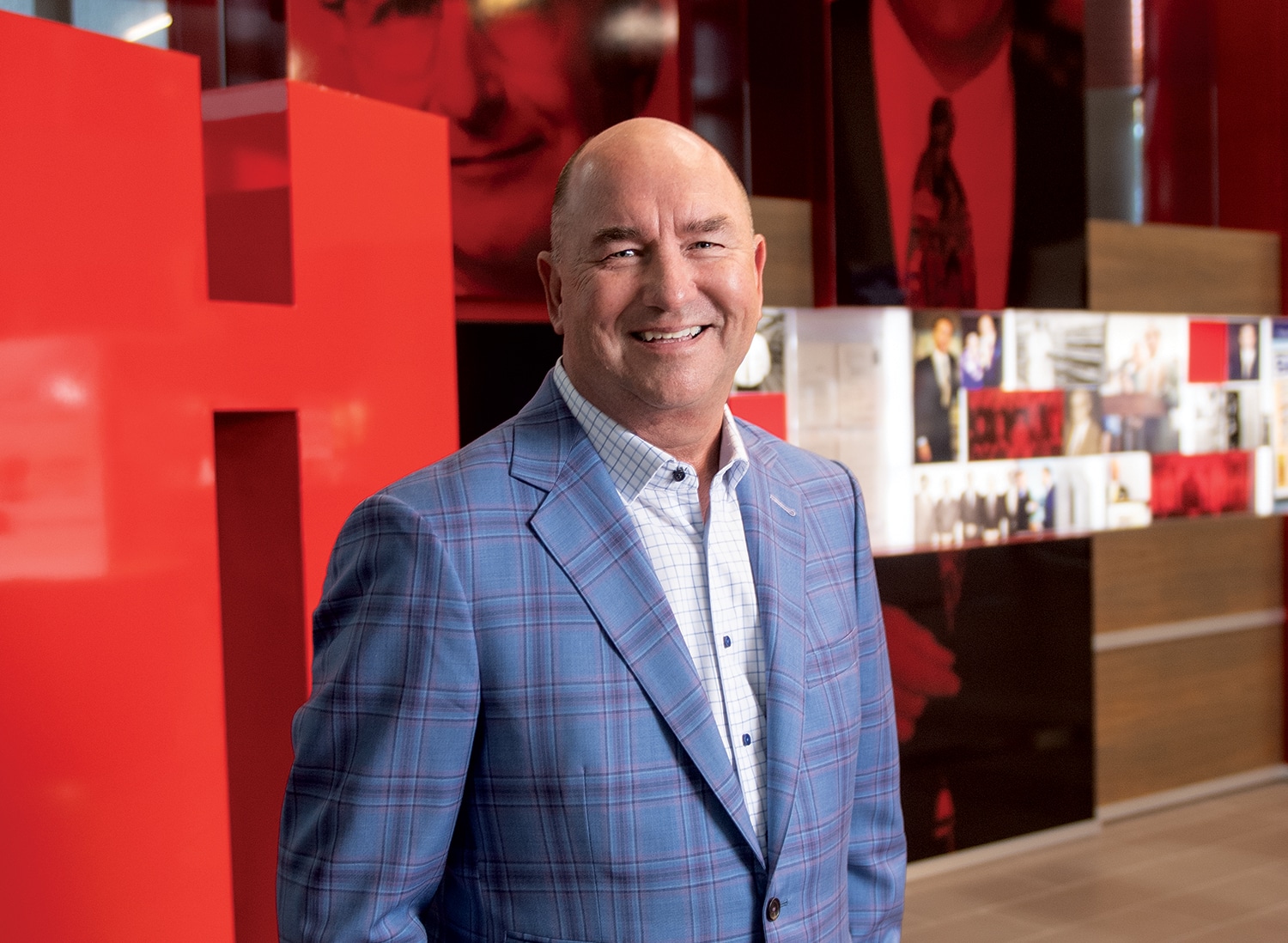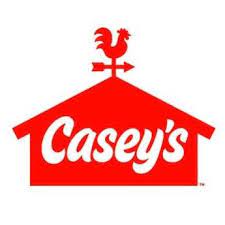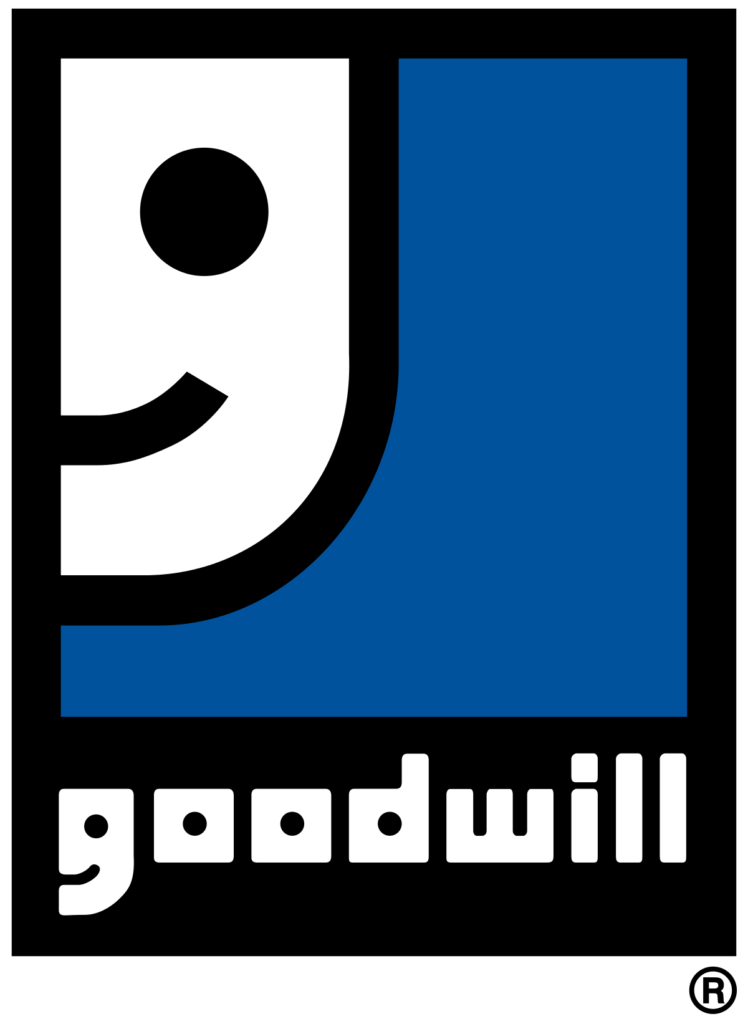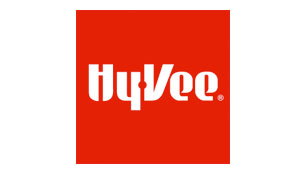Randy Edeker hands baton to next Hy-Vee leader
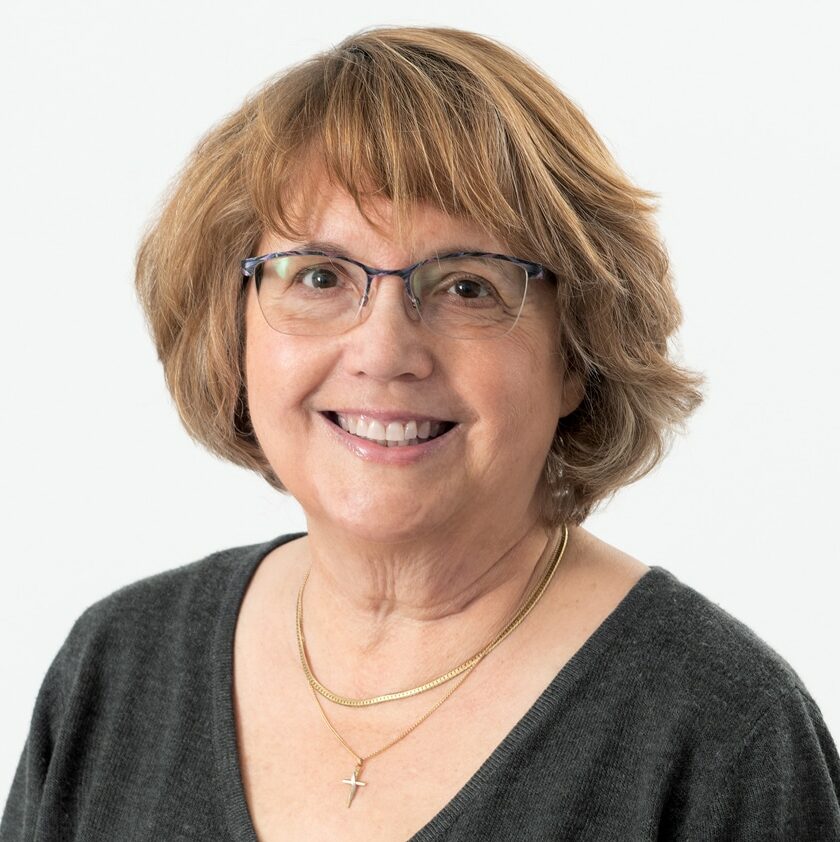
As a senior in high school, Randy Edeker had a decision to make: Attend a small Iowa college on a football scholarship or continue working at the Hy-Vee store in Chariton, with the goal of becoming a store manager.
Edeker talked over the decision with his then-high school girlfriend and now wife, Dawn. Edeker declined the scholarship and stayed with Hy-Vee.
“It was the best decision we ever made,” said Edeker, 61, who retired from Hy-Vee on July 31 after 43 years with the company that is headquartered in West Des Moines. Edeker led his last board of directors meeting on July 18.
Edeker had numerous roles at Hy-Vee during his tenure with the company, including store director, regional director of operations and vice president of marketing. In 2009, he was named Hy-Vee’s president, just the fourth person to hold the position since the company began in 1930. In 2012, he was named CEO and chairman of the board.
Edeker has been preparing for his retirement from Hy-Vee since about four years ago.
“I’ve had a succession strategy in place for the last four years and I’ve been working to get Jeremy [Gosch] into position to be ready and to remove myself over time,” Edeker said during a recent interview with the Business Record. “As he comes up, my role has diminished. That’s really been my strategy – to work him into a position to take over and he’s absolutely ready.”
Identifying potential company leaders early in their careers and preparing them for top leadership roles is deeply embedded in Hy-Vee’s culture. The company’s first president, CEO and board chairman, Dwight Vredenburg, identified Ron Pearson as a potential leader early in his career with Hy-Vee, according to historical summaries of the company. Pearson, who retired as board chair in 2006, did the same with Ric Jurgens. Jurgens, who retired as board chair in 2012, did the same with Edeker.
“At most companies that [have] $14 billion [in sales], the board goes out and picks the next CEO,” Edeker said. “At Hy-Vee, we’ve not done that. That may evolve and change but for now, it falls to the current CEO and chairman to pick the next one and to make sure it’s somebody who is capable and ready to lead.”
In January 2023, Hy-Vee announced that Gosch, then company president, would become its chief executive officer. Gosch, who began his Hy-Vee career in 1996 as a part-time clerk, is now chairman of Hy-Vee’s board of directors. Edeker promoted Gosch into an executive leadership role in 2012.
“I’ve put him through a training regimen and he’s done exceptional,” Edeker said.
Lessons from Edeker
Edeker has been a close adviser to Gosch during the past 12 years, showing him what it meant to be an executive officer at Hy-Vee, Gosch said.
Just as importantly, Gosch said, Edeker “taught me about the soft skills that go with the job. … Often, he would say, ‘It’s not what you say to people, it’s how you made them feel – that’s what they’re going to remember moving forward.’ Conversations like that make you think differently about how you start conversations and how you end them.”
Edeker also taught Gosch to make sure to leave the office at the end of the day on good terms with people with whom there’s been disagreements, Gosch said.
“You may have had a conversation with somebody where you agreed to disagree,” Gosch said. “You try to get that squared away before you go home so you can start fresh tomorrow. … Those are important life lessons.”
Gosch described Edeker as someone who is innovative and who is open to trying new ideas and scrapping them if they don’t work. An example, he said, is the August 2018 opening of a HealthMarket at 375 S. Jordan Creek Parkway in West Des Moines. The store closed in September 2021.
“It didn’t work like we thought it would so we turned it into a [Wall to Wall Wine & Spirits] store,” Gosch said. “The [HealthMarket] was something we wanted to try … and really, that spirit of innovation and that spirit of trying things that are new and different in a variety of areas is something that Randy’s helped change the mindset about.”
Expansion into health care
Among the accomplishments Edeker said he is most proud of is how Hy-Vee evolved as needs of customers changed and advancements in technology were made.
“If I’m proud of anything, it’s that I’ve monitored the ebbs and the flows of the customer,” Edeker said. “It’s helped us to move before they move so we’re where they are going.”
An example is Hy-Vee’s expansion in health care. In 2013, Hy-Vee opened its first micro-fulfillment pharmacy that uses advanced automation technology to fill prescriptions that are then sent to pharmacies. The company now has six centers in five states, allowing pharmacists to spend more time with patients rather than filling prescriptions.
“It doesn’t count pills wrong; it doesn’t pick the wrong pills. It’s just a better way to fill scripts,” Edeker said. “If we hadn’t done that, we wouldn’t be in the pharmacy business today.”
In 2014, Hy-Vee acquired Amber Pharmacy, a specialty pharmacy solutions provider based in Omaha. Specialty pharmacies help patients manage chronic conditions with a care team that creates a personalized plan for clinical care, insurance and financial administrative assistance. In 2021, Hy-Vee launched a new subsidiary called RedBox RX that provides telehealth and online pharmacy services, shipping prescribed treatments to patients’ homes. In 2023, Hy-Vee opened its first health infusion clinics, one in West Des Moines and another in Chicago. The freestanding clinics offer treatments for rheumatology, gastroenterology, oncology and other chronic conditions.
Pharmacy is Hy-Vee’s largest department, and has been for over a decade, Edeker said.
If the company hadn’t delved deeply into pharmacy, “we’d be like other chains – we’d have meat and grocery and that’s it,” Edeker said. “That’s just not a future. It’s a 1950s grocery store.”
Earlier this year, Edeker was recognized for his influence and advocacy in the retail and health care industries, receiving a Lifetime Achievement Award from Chain Drug Review and the W. Fantle Lifetime Achievement Award – the pharmacy industry’s highest honor – from the National Association of Chain Drug Stores.
Edeker’s future plans
Under Edeker’s leadership, Hy-Vee has grown to more than 570 business units, which include food, convenience, drug, and wine and spirit stores and medical clinics. Sales have nearly doubled, from $7 billion annually to nearly $14 billion.
“We’ve always had a growth mentality,” Edeker said. “I always have been aggressive. … I pushed the envelope on growth constantly.”
That type of growth will continue under Gosch, Edeker said. “I would predict that in five to seven years, we will have doubled our size [in sales volume]. The strategy that we’ve put in place – and it’s now his strategy – is a good one. You’ll see acquisitions become part of our strategy along with organic growth. You’ll see us build two or three big stores in Indianapolis and two or three in Nashville.”
Edeker said Hy-Vee will also likely acquire additional independent pharmacies.
Edeker said that while he’s retiring from Hy-Vee, he’ll continue to be involved in areas in which he’s passionate. He’s involved with the Center for American Medicine Independence, a new group whose goal is to improve the United States’ drug supply chain by not relying so heavily on China for pharmaceuticals.
He said he’s also becoming involved with the Partnership for a Healthier America, a nonprofit organization that works with the private sector to transform the food landscape in pursuit of health equity.
“I’ve been in the office way longer than I was in” a store, Edeker said. “My original goal was to become a store director. I did that for a year and a half and then moved to the office where I’ve been for many years. There are other things I want to do beyond here and now seems like a good time to do them.”
At a glance
Hy-Vee Inc., headquartered in West Des Moines, has more than 570 retail units in nine Midwestern states: Iowa, Illinois, Indiana, Kansas, Nebraska, Minnesota, Missouri, South Dakota and Wisconsin. The breakdown, provided by Hy-Vee, includes:
- 244 Hy-Vee grocery stores
- 190 Fast & Fresh convenience stores
- 25 Dollar Fresh Markets
- 22 Strack & Van Til stores (Indiana)
- 15 Drug stores
- The remaining retail units include clinics, stand-alone pharmacies and
specialty pharmacies.
Number of employees: 78,000
Annual sales: Nearly $14 billion
A bit about several things
The Business Record’s interview with Randy Edeker covered a range of topics. The following are some highlights from the interview.
Importance of a college education
Edeker began working at Hy-Vee in 1981 while he was in high school. Rather than go to college, he opted to stay with the company, moving up the ranks into key executive leadership positions. He took several college courses over the years but didn’t obtain a four-year degree.
“I would not recommend what I did to anyone,” Edeker said. “I tell people to ‘Go find your form of education.’ It may be a trade school, it may be a two-year degree, it may be something else. But they need to go get their education and then come back to us. We work to nurture that.”
Growing without adding stores
Hy-Vee’s growth will continue if leaders continue figuring out how to sell more products – and a diversity of products – to customers, Edeker said.
“If you look at the cosmetics area that we launched, if you look at the candy that we have relaunched. We took something that was old and made it new again. … We didn’t double our store count. We just found new ways to sell.
Understanding customers’ needs
The Great Recession that began in 2008 caused consumers to cut their spending, including at grocery stores. In response, Hy-Vee launched its Red Hot Deals campaign to help pull customers into stores, Edeker said.
“We understood that our customers were having a tough time,” he said. “It was about keeping our customers coming to us. We’re not the lowest price model but we can get really low when we have to and we did. … When you look at the different crises – including COVID – we have done everything possible to make sure that our customers were taken of and our employees were taken care of.”
Effect of inflation on grocery stores
Inflation continues to adversely affect grocery stores, Edeker said.
“Grocery stores are having as tough of time as they ever had,” he said. “You have an inventory base that’s gone up hundreds of millions of dollars. It’s a nightmare for grocery stores because everything that you once bought for $1 now is $1.50 and you have to have cash to do that. That’s hard. Profits nationally have been slim.”
Lessons from COVID-19
The COVID-19 pandemic in early 2020 caused Hy-Vee and other retailers to make changes, some of which are still in effect, Edeker said. The company made improvements to its e-commerce division, which continues to thrive, he said.
COVID “made e-commerce stronger,” Edeker said. “We’re much more focused on it as a business. … During COVID, I remember saying to our store directors, ‘You have two front ends now: You have customers that are going to come into the store and check out; you have those that are going to come to your parking lot. We have to make sure that we give exceptional service to both.’”
Dwight and today’s Hy-Vee
Dwight Vredenburg, son of co-founder David Vredenburg, led Hy-Vee from 1938 until his retirement in 1983. Under his leadership, Hy-Vee grew to include more than 120 stores in six states, and it added a drug store division as well as Perishable Distributors of Iowa Inc., a subsidiary that provides stores with fresh meat, fish and seafood.
Vrendenburg “would find the Hy-Vee that he left still at the core of all of our stores: Doing whatever it takes to take care of the customers,” Edeker said. “He would find that absolutely, 1,000% intact. The culture hasn’t changed.”
Click here to view key moments in Hy-Vee’s history

Kathy A. Bolten
Kathy A. Bolten is a senior staff writer at Business Record. She covers real estate and development, workforce development, education, banking and finance, and housing.

